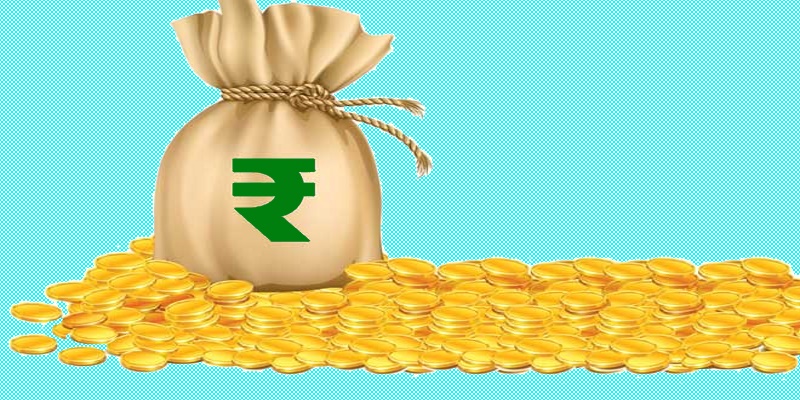Risk averse individuals as well as senior citizens prefer fixed deposits to park their funds. Not just for any particular class of investors but overall fixed deposits are popular. It is but obvious that FDs are the safest mode to invest money. They fetch stable returns, and the interest rates are though not very high but fair enough to serve the purpose. The tenure of investment too varies from 7 days to ten years. So, one may invest as per one’s own choice. To balance the portfolio, often FDs are taken as a strong option. However, take into consideration a few important points before investing in the Fixed Deposits-
- Credit rating of the bank: Check the credit rating of the bank as under the depositor insurance program by DICGC, fixed deposits are secured up to an amount of Rs. 5 lakhs. One may choose to spread the total investment amount into different banks in order to curtail the dependence on a particular bank. Go for only ‘A’ rated deposit schemes, with credible ratings from reputable organizations like ICRA or CRISIL.
- Interest rate: Different banks offer different rate of interest. The rates also depend upon the tenure for which the amount is deposited. Age also plays a role. Senior citizens get 0.5 percent higher interest rate. Bulk deposits fetch higher rate of interest. However, once deposited, the rate of interest remains the same throughout the tenure.
- Premature withdrawal: Fixed deposits perhaps have a very few drawbacks and one of them being, they cannot be liquidated before their fixed term. If the FD is withdrawn before the tenure, a penalty in the form of 0.5 to 1 percent lower rate of interest than the applicable rate is imposed. Look for the banks that charge lower or no penalty while withdrawing the deposit prematurely. A few banks allow premature withdrawals, so it is better to get an idea before putting the FD with your selected bank.
- Loan facilities: Fixed deposits extend the benefits of loan to the depositors. The tenure of the loan is available up to the maximum tenure of the FD. And up to 90 percent of deposit amount is available as a loan. Thus, when the depositor needs money, he/she can use this option.
Cumulative and Non-Cumulative FDs: The interest earned on a fixed deposit can be reinvested in case of a Cumulative FD. The interest earned on regular basis shall get added to the principal and compounded returns are accumulated till the end of the tenure. As against this, in case of a Non-Cumulative FD, the interest is credited in the account on a regular basis, be it monthly or yearly as the case may be. The interest thus received doesn’t earn any additional income.
